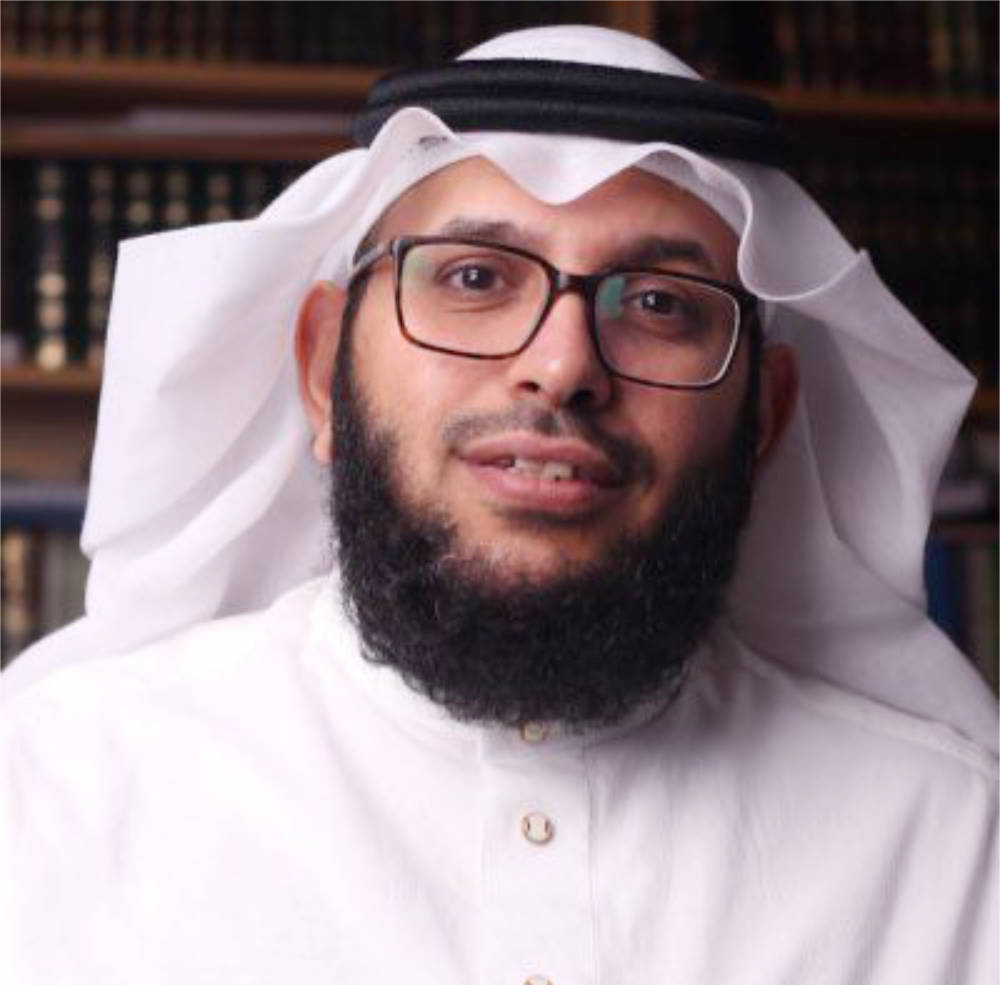RIYADH: Dr. Abdulrahman Al-Youbi, the president of King Abdulaziz University, and Dr. Khaled Al-Suraihi, secretary-general of the International Center for Research and Studies (MEDAD), have signed a collaboration agreement to develop charitable work in the university.
According to a joint statement issued Monday in Jeddah, the agreement seeks to achieve joint collaboration in non-profit consulting, endowments and charitable work.
The collaboration will take a particular focus on scientific research, seminars, conferences, scientific activities, the exchange of publications and cultural programs, as well as workshops and training courses.

Mofarreh H. ALjabri, Former member of the Arab International Center for Training and Consulting. (Supplied)
Al-Youbi emphasized that the university is looking to expand charitable collaboration with government and private bodies, as well as non-profit work and endowments.
“The agreement strengthens local civil society institutions’ roles in the development of various sectors, including academia, particularly King Abdulaziz University,” Dr. Al-Suraihi told Arab News.
He added that this type of agreement will help the non-profit sector grow by increasing the capacity of organizations that work in it.
Al-Suraihi said that MEDAD’s work with the university is currently in the planning stages as it prepares to launch several educational and training programs, field studies, conferences and seminars.
Al-Suraihi emphasized that non-profit sector establishments are a core part of the Kingdom’s development, adding that their involvement has been reflected in the Kingdom’s improvement in quality of life.
Mofarreh H. Aljabri, a former member of the Arab International Center for Training and Consulting, told Arab News that collaboration between universities and other community sectors is critical, noting that the world’s leading universities are racing to reach agreements and exchange benefits with private and non-profit institutions.
He noted that King Abdulaziz University has a long history of community interaction, including partnerships with training facilities in the non-profit and private sectors.
The human development specialist said that the agreement comes in the context of the non-profit sector’s increased importance in light of the Kingdom’s Vision 2030 reform plans and is consistent with the non-profit sector’s development in the Kingdom over the last decade.
Aljabri said the agreement will enhance the partnership between community institutions and the university, furthering national development by enabling non-profit organizations to have a greater impact and shaping the future of the non-profit sector.
The agreement also follows a broader liberalization of the Saudi higher education sector. In 2019, the Saudi Council of Ministers approved a law to give “disciplined independence” to universities, allowing them to develop their own academic, financial and administrative regulations in accordance with state-approved public policies via the Council of Universities’ Affairs.
The council, chaired by Dr. Hamad Al-Sheikh, minister of education, is a Saudi government council established under the most recent university law. It organizes university affairs and approves university education policies and strategies in the Kingdom.
The council designated that the universities of King Saud, King Abdulaziz, and Imam Abdul Rahman bin Faisal would have the law applied to them in the first phase.
The new regulation allows the universities to financially benefit from developing their own revenue streams through various means, including “carrying out scientific research or consulting services for other internal or external bodies.”















